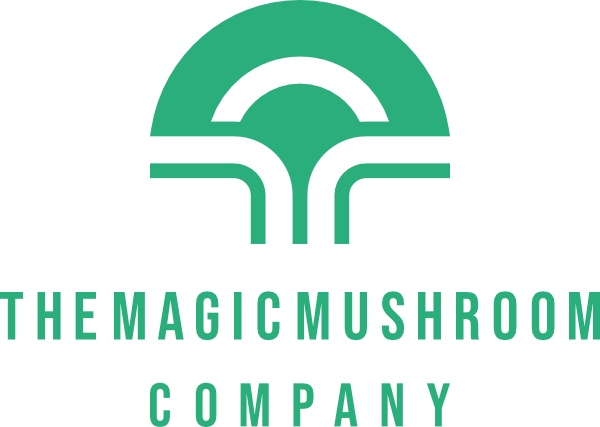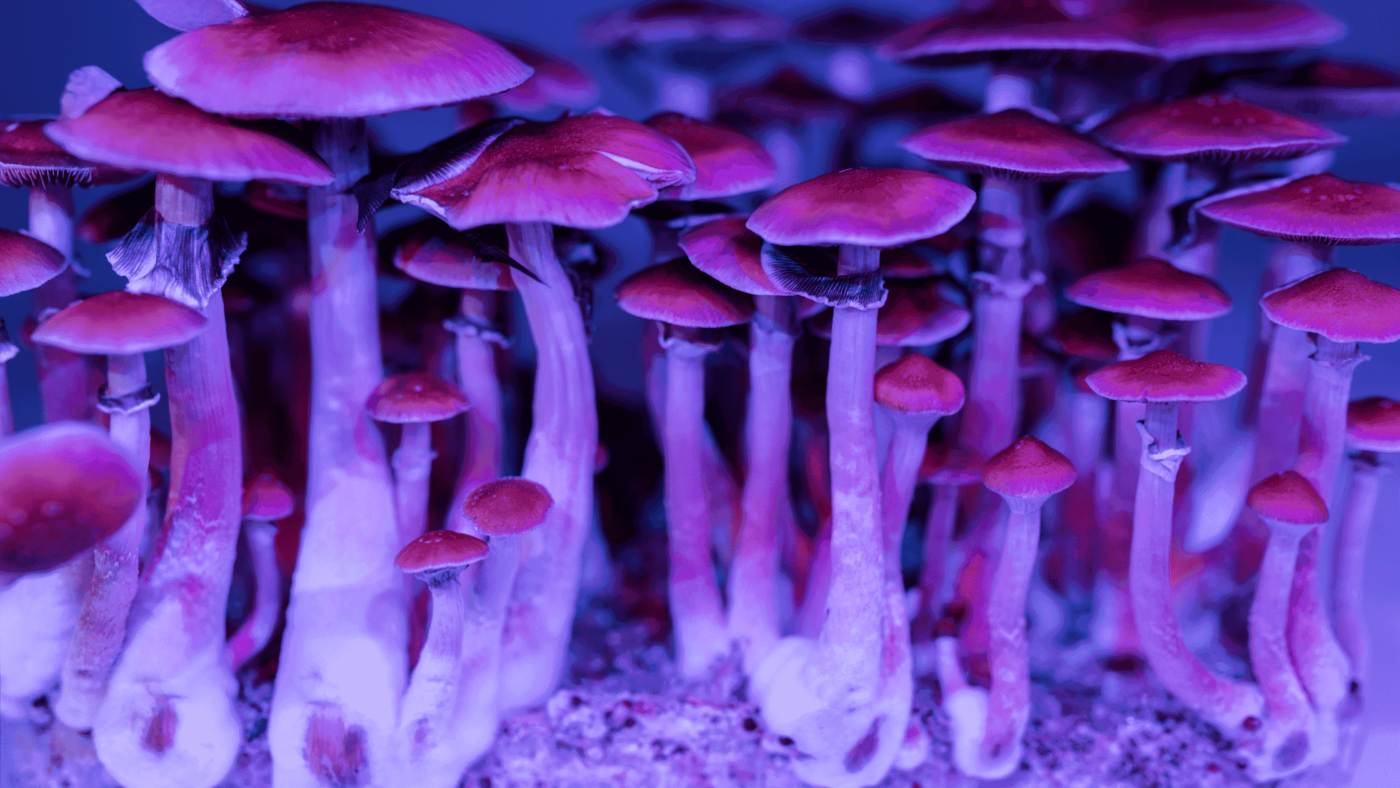Education
What Are Magic Mushrooms?
Magic mushrooms, or more commonly known as “Shrooms,” is a type of wild mushroom but has since been cultivated by humans. The interest in cultivating magic mushrooms is due to Psilocybin, a potent and well-known hallucinogen contained in magic mushrooms.
Psilocybin is classified as a Schedule-I controlled substance which means that it has a high potential for abuse while having no accepted medical use or treatment in the United States. However, this does not stop individuals from using Psilocybin as a recreational drug.
Magic mushrooms, as with some organic hallucinogens like marijuana, have been known as a staple in certain cultures around the world such as in Mexico, South America, and Europe, long before the psychoactive component of the fungus was isolated by Dr. Albert Hofmann in 1958.
Recognizing shrooms
As neurologically intoxicating as shrooms are, magic mushrooms also look very similar to many poisonous mushrooms. For that reason, pickers fatally mistake deadlier mushrooms for shrooms which would eventually cost uninformed consumers’ lives.
Shrooms are often consumed by eating it directly. The taste vastly differs from common mushrooms used in cooking. Magic mushrooms have a strong earthy taste with a chewy and rubbery texture.
Others consume shrooms by making it into a drink, like tea. Psilocybin can also come in liquid form, made by extracting Psilocybin from shrooms – this allows consumers to consume the substance in whatever form they wish.
Since magic mushrooms are mostly illegal across the United States, there are a number of slang or alternate names for Psilocybin in an effort to be discreet. Some of which are:
-
- Boomers
- Zoomers
- Sacred Mushrooms
- Purple Passion
- Mushroom soup
- Mushies
- Simple Simon
What can magic mushrooms do?
The essential question is: what does Psilocybin do to you? Psilocybin is a hallucinogenic drug most often affecting the prefrontal cortex of the brain. The prefrontal cortex matters as this region of the brain is responsible for regulating mood, cognition, and perception.
Other hallucinogens may affect other regions of the brain, which regulates panic response and sexual arousal. In the case of Psilocybin, it can affect the perception of objects and people in the environment aside from causing visual and auditory hallucinations. This is important as there is a key difference between seeing and hearing things to what your mind perceives (what it hears and sees). It explains how a person intoxicated with shrooms may find an object funny while another person finds it panic-inducing.
Another concept of hallucinogenic drugs is “Set” and “Setting” where the drug’s perceived effect can depend on the person that consumes it. Things like expectations, environment, past and present experiences, can contribute to how the drug can affect the brain. As it goes, someone consuming shrooms at an upbeat party can have a vastly different experience from when they consume it in a depressive slump.
Aside from “Set” and “Setting”, Psilocybin alongside other hallucinogenic drugs function like many over-the-counter medicines where dosage, age, weight, and overall mental health can factor into how the drug works.
Common effects of shrooms
Psilocybin as a hallucinogen generally follows the effects of LSD, whereby it alters the perception of time and environment alongside the changes mentioned above regarding visual and auditory perception.
Possible effects of Psilocybin include:
-
- Increased creativity
- Euphoria
- Existential awareness
- Spiritual awakening
- Derealization or a disconnect from reality
- Depersonalization or a disconnect from self
Likewise, there are a number of physical side-effects that can occur during Psilocybin intoxication, such as:
-
- Drowsiness
- Headaches
- Dilate pupils
- Increased heart rate
- Increased blood pressure
- Increase temperature
- Nausea
- Lack of coordination
- Muscle weakness
There are also mental effects associated with Psilocybin:
-
- Anxiety
- Paranoia
- Panic
- Nervousness
- Psychosis
Other lasting side-effects from magic mushrooms include long-term changes in personality as well as flashbacks or Hallucinogen Persisting Perception Disorder.
Flashback is a long-lasting condition characterized by experiencing visual and auditory disturbances akin to hallucinogen intoxication that occurs in drug-free periods. In simpler terms, prolonged use alters the brain so much that the person experiences hallucinations to hearing and sight despite not consuming the drug.
Aside from the effects, the difficulty of identifying shrooms from regular mushrooms has led to a study detailing that consumers are often sold regular mushrooms laced with LSD or phencyclidine (PCP) – some contain no drug at all. The study presents 886 samples acquired from dealers where only 252 (28%) were Psilocybin mushrooms, while 275 (31%) were regular mushrooms with LSD or PCP, and 328 (37%) had no drug at all.
Use and legality
Despite consumption of Psilocybin being illegal in the United States, the National Survey on Drug Use and Health has suggested that, between 2009 and 2015, about 8.5% of people have reported using Psilocybin at some point.
However, several doctors and researchers have been pushing for a reclassification of Psilocybin from Schedule-I to Schedule-IV, which will allow it for medical use and broaden the opportunity for research.
As recently as 2019, Denver became the first city to decriminalize the use of magic mushrooms with Oakland following soon after. However, this decriminalization does not mean that shrooms are legal for personal consumption. Rather, the city is not permitted to allocate resources to impose criminal penalties on people caught in possession of the drug.
A study in 2017 has suggested that Psilocybin has the potential to be used as an alternative facet in managing mental health conditions. Some of these mental health conditions can include anxiety disorders, OCD, alcohol addiction, tobacco addiction, and depression.
Signs of use
A person consuming magic mushrooms will elicit any number of the effects and side-effects mentioned above. Key among the side-effects may cause the person to appear nervous, paranoid or nauseous. However, noticing changes to personality, mood, social activities, and sleeping and eating patterns can also be a useful telltale sign of drug use.
Mixes, myths, and addiction
Research on many hallucinogens, including Psilocybin, is very limited. Consuming these in a mix of other drugs, including alcohol, poses a high risk that can be fatal to the consumer.
There is also a prevailing myth on the consumption of shrooms as a “safer” hallucinogen with a “milder” intoxication. This may be due to its common method of consumption, thinking that it is an organic method of getting hallucinatory effects.
However, this is not the case as many potent and equally dangerous hallucinogens are extracted from organic sources as well. For example, LSD is taken from Ergot, a fungus that grows on grain. Likewise, as mentioned earlier, many variables can affect how Psilocybin affects the user, which can lead to unpredictable effects just like any other drug.
Psilocybin is not chemically addictive; however, constant or regular use of this can lead to tolerant effects. This means that there is an increase in the amount consumed as the user will need more to achieve a desired “high”.
There is also a cross-tolerance between other hallucinogenic drugs which includes LSD and mescaline. Once a certain level of tolerance has been developed, there is a greater risk in consuming shrooms as a higher tolerance closes in on a possible overdose.
Symptoms of an overdose include:
-
- Vomiting
- Diarrhea
- Muscle weakness
- Agitation
- Psychosis
- Seizures
How long do psilocybin’s effects and trace stay in the body?
According to the researchers, the short-term effects will typically subside in six to twelve hours. However, there is a possibility of experiencing long-term effects such as personality changes and flashbacks with the possibility of increasing with prolonged or regular use.
Aside from Psilocybin staying for the aforementioned number of hours, Psilocybin has been found to be detectable in hair follicles for up to 90 days.
Withdrawals and bad trips
Users of magic mushrooms have reported “bad trips.” This may be due to the variables mentioned above, such as “Set” and “Setting” that may negatively affect the user. If this occurs, seek help immediately whether from friends, family or professional health workers – this will prevent any escalation from the bad trip and is overall safer for the user.
Psilocybin is not known to cause addiction and will not leave withdrawal symptoms once the user immediately stops using the drug. However, there are rare instances where former users experience psychological effects which may include depression.
Seeking help
If you or a loved one have experimented or regularly consumed mushrooms, or any form of drugs for that matter, seeking help can prove to be a safer and healthier choice. Talk to your loved ones, if not they then consider seeking help from other professional health workers. Your health is vital, and help is always just around the corner.


